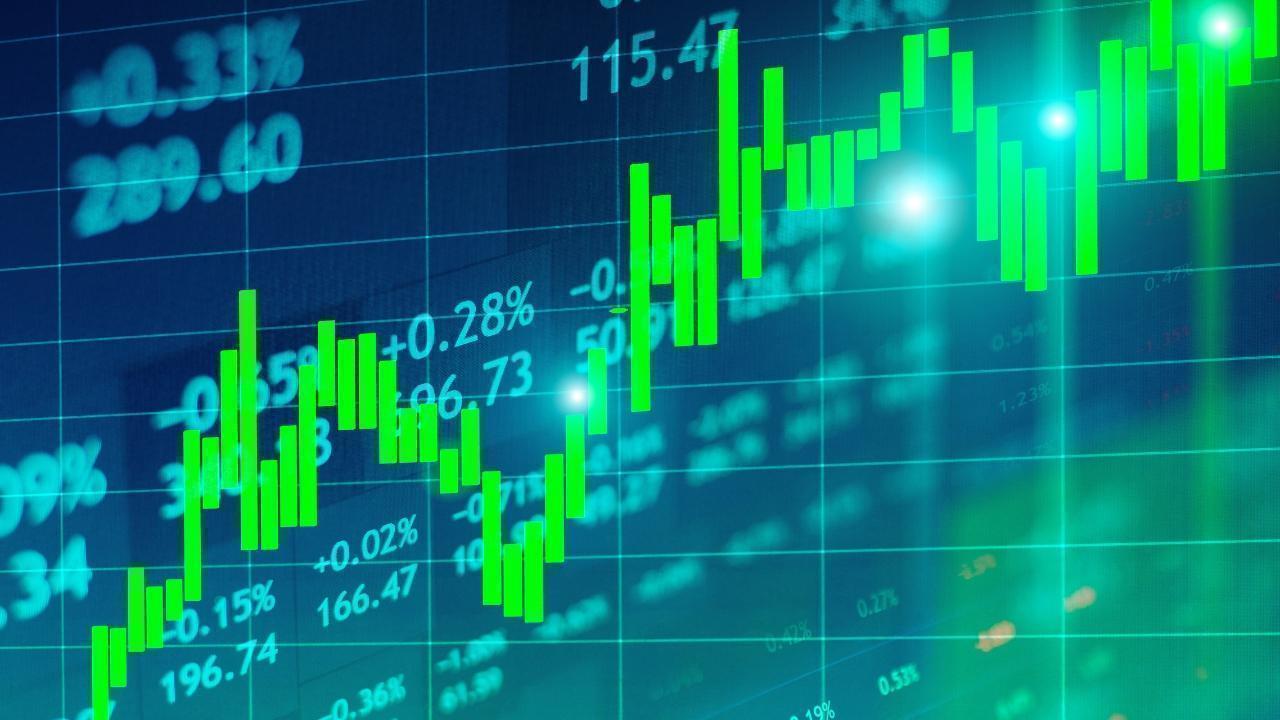You have not yet added any article to your bookmarks!

Join 10k+ people to get notified about new posts, news and tips.
Do not worry we don't spam!

Post by : Anis Farhan
On August 1, President Donald Trump issued an executive order imposing sweeping new tariffs on imports from 68–92 countries—depending on the reporting source—as high as 41%. Key rates included 25% on Indian exports, 20% on Taiwanese goods, and 35% on Canadian imports, while the European Union managed a more moderate 15% baseline tariff. Markets broadly recoiled amid concerns over a global retrade-sensitive shock.
Despite a brief one-week implementation delay to allow countries to negotiate deals, the scale and suddenness of the tariffs derailed investor confidence. Asian equities declined up to 3.9% (South Korea), European benchmarks fell between 1–2%, and U.S. stock futures signalled a near‑1% drop across Dow, S&P 500 and Nasdaq.
South Korea’s Kospi index led losses, off nearly 4%, followed by Japan’s Nikkei 225 (‑0.7%) and Hong Kong’s Hang Seng (‑1.1%). India and Taiwan also experienced declines as investor jitters spread across export-led economies.
Europe saw bearish moves too—Germany’s DAX dropped 1.8%, France’s CAC 40 tumbled 2.1%, and the U.K.’s FTSE fell roughly 0.6%. Though the EU secured more favourable tariff terms, heightened uncertainty still unbalanced market sentiment.
Wall Street futures fell roughly 1% across key indices. The move reflected the combined impact of impending tariff costs, mixed earnings from mega-cap tech firms, and softening U.S. jobs data in July.
Earlier in 2025, investors had shrugged off similar threats, believing Trump would retreat before causing lasting damage. Despite a 10% early April stock market crash, sentiment rebounded sharply by late spring as equitable trade deals, earnings and continued GDP growth helped restore confidence.
However, today's news—tariffs hitting an average U.S. import rate of 18% up from 2.3% a year ago—has disrupted the calm economic narrative. Analyst concern now centers on inflation, earnings compression, persistent volatility, and the erosion of global trade predictability.
Higher import tariffs are expected to increase production costs, which businesses may pass on to consumers. This threatens consumer sentiment and complicates central bank policy choices—potentially delaying expected interest rate cuts.
Global manufacturers, especially in electronics, agriculture, and autos, face shrinking margins due to higher costs. Companies like GM and VW have already reported substantial tariff-related hits—estimated in the billions.
The looming tariff deadline coincides with earnings season and the U.S. payroll report. With 73,000 jobs added in July and higher unemployment, markets now view uncertainty—not policy change—as the most destabilizing factor.
Energy & Steel: Industries that benefit from domestic supply chains are seeing relative upside. U.S. energy producers and plan manufacturers gain pricing power.
Technology Services & Cybersecurity: U.S.-based firms with recurring revenue and minimal trade exposure remain solid defensive picks.
Asian Exporters: India, Taiwan, Thailand, and South Africa bear the brunt, as circular trade structures face disruption.
Global Tech & Autos: Stocks reliant on cross-border production and just-in-time logistics—like chip makers and OEMs—face increased risk.
Reduce Exposure to Trade-Heavy Countries
Emerging markets and export-led economies may face continued pressure. Investors are increasingly tilting toward domestic-facing equities.
Lean into Defensive and Resilient Assets
Assets in sectors like utilities, healthcare, and renewable energy are seen as hedges amid high volatility.
Watch for Market-Correcting Signals
Analysts warn that after mid-June, markets often face corrections. With valuations high and sentiment fragile, downside risk is elevated.
Diversify Geographically and Sectorally
Exposure across geographies and industries is critical in a fragmented trade environment.
Federal Reserve Policy Signals
The jobs report and inflation data will shape rate expectations. Any hawkish pivot could amplify investor caution.
Tariff Negotiations Results
Deals with partners—especially smaller exporters like India, South Africa, and ASEAN nations—could stabilize trade risks.
Corporate Earnings Aftershocks
Watch how multinationals manage rising input costs. Profit guidance revisions could spur further sell-offs.
Legal and Legislative Developments
Courts and Congress may challenge the unilateral nature of the tariffs—outcomes from such disputes could influence markets significantly.
Asia-Pacific markets, particularly export-driven economies, are acutely vulnerable. India faces payment issues in pharmaceuticals and textiles; South Korea and Taiwan risk exposure in electronics and semis. Inflation and currency volatility also threaten macro stability. Governments are scrambling to renegotiate or mitigate higher duties.
India’s RBI and central banks in Taiwan are monitoring currency weakness and investor outflows. ASEAN nations are exploring trade realignment and shipping diversification strategies.
With the abrupt tariff escalation, markets have shifted from risk-on optimism to wary recalibration. The lesson is clear: policy-driven volatility is no longer rare—it’s structural. Investors who adapt by diversifying, favoring resilient sectors, and watching economic signals closely are better placed to navigate coming upheavals.
Markets may bounce if trade talks yield results—but no outcome is guaranteed. Traders, businesses, and policymakers alike now operate in a new reality where trade policy is as influential as earnings or inflation data.
This article is intended for general informational purposes only. It does not constitute financial or investment advice. Readers should consult certified financial advisors before acting on market or trading decisions.










Sumo Rocked by New Bullying Scandal as Terunofuji Admits Abuse
Retired grand champion turned stablemaster reports himself to authorities for violent conduct toward

Son of Oil Tycoon Riza Chalid Sentenced to 15 Years in $17 Billion Corruption Scandal
Jakarta Corruption Court convicts Muhammad Kerry Adrianto Riza in high‑profile Pertamina graft case

Marina Bay to Celebrate Disney Adventure With Fireworks & Fun
UOB Marina Bay Sands & Singapore Tourism Board join Disney Cruise Line for a 2-month nautical celebr

Rashmika Mandanna and Vijay Deverakonda Tie the Knot in Grand Udaipur Wedding
The beloved actors celebrated their Telugu and Kodava heritage with traditional ceremonies at ITC Me

Raja Ampat Welcomes Back Endangered Zebra Sharks
Scientific collaboration and community education drive rare species repopulation in the Coral Triang

Tomorrowland Thailand Set for Full‑Scale Asian Debut in December 2026
Thailand to host world‑renowned electronic music festival in Pattaya, expected to draw tens of thous